Courses

What we talk about when we talk about class / class is a slippery thing
Often, the problem of class is a hob ring, you won’t dare to put your hand on it. But it’s there all the same, in the food that we eat, in the air that we breathe, or just around the street corner where we live. Whenever I find myself trapped in a conversation so fraught…
Read More
Childhood: A Source of Praise
I want to take you, very briefly, on a journey I made back in May 2007, to Addis Ababa where I had not been since I was a boy, some 40 years before. I had a photo of my friend Abebe in my pocket, standing with his family in our garden. My first stop was…
Read More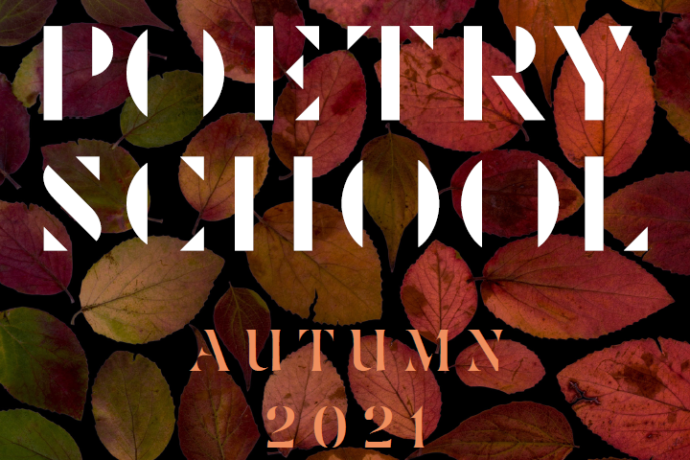
Autumn 2021 – Quick Course Guide
Our Autumn Term is now live and we’ve got a whole host of brilliant tutors and courses lined up, so be sure to book promptly to avoid disappointment. Below is our handy Quick Guide, where you’ll find everything you’ll need to know about our upcoming courses. Face-to-Face 3-TERM COURSESOur flagship weekly workshop groups where you’ll…
Read More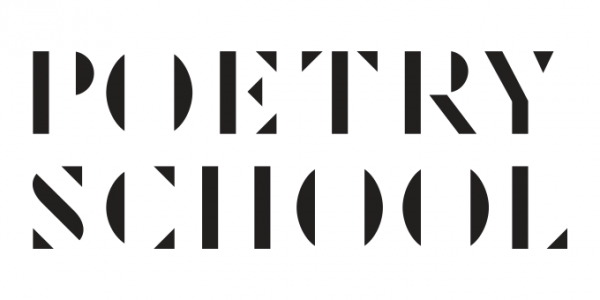
Announcing the Poetry School MA in Writing Poetry Scholarship
We’re delighted to announce the Poetry School MA in Writing Poetry Scholarship for an underrepresented poet. Poetry School is offering a full fees scholarship award (£8,100) to the Poetry School / Newcastle University MA in Writing Poetry for an outstanding applicant who is currently underrepresented in the poetry world. By underrepresented poets, we mean talented creatives who face…
Read More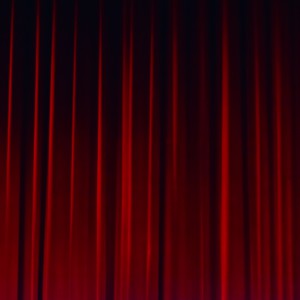
The Fish in the Percolator – on Twin Peaks and Poetry
Twin Peaks may not have introduced me to the concept of mystery, but it did reinforce in me the value of mystery without easy resolution, and the power of the imagination. I’ve been thinking about how that echoes through poetry, and what we can learn from it. I watched Twin Peaks unfold for the first…
Read More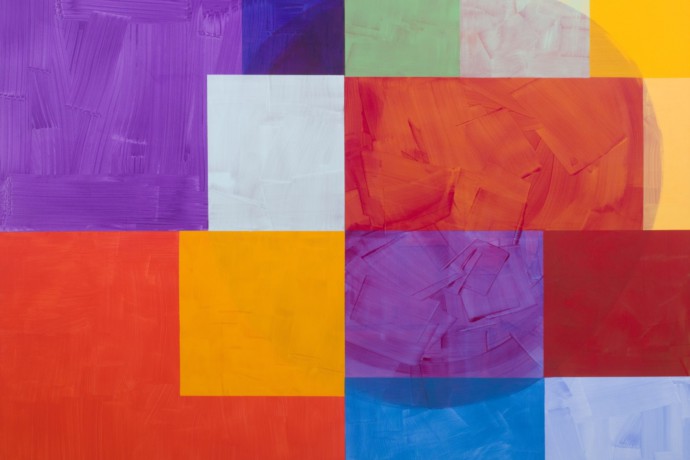
Summer School 2021
We are delighted to welcome you to our 2021 Summer School! This programme of half-day workshops has been curated in collaboration with the exhibition A Fine Day for Seeing at Southwark Park Galleries. This show takes its title from the New York School poet Frank O’Hara, who bridged the literary and artistic worlds in the…
Read More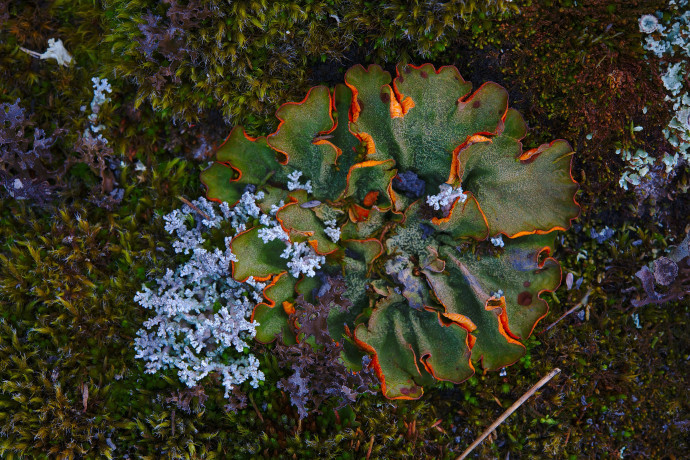
Looking at Lichens
Crusty, bearded, lobed – lichens thrive amongst us on pavements, graves and trees and are easily overlooked. Peer closely, run your fingers over a frilled edge or delicate antler – each lichen vibrantly itself in a human-centred world. Kathleen Jamie has talked of serious noticing – the idea of attention as a form of resistance….
Read More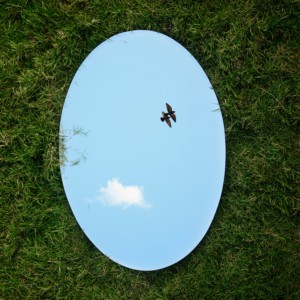
Ars Poetica: Cold Showers & Restless Sheets
Poetry is replete with pithy, aphoristic metaphors about what poems do. William Carlos Williams claimed a poem is ‘a machine made of words’, which Don Paterson modulated into ‘[a] poem is a little machine for remembering itself’ by way of Michael Donaghy’s poem ‘Machines’. I’ve long been interested in the desire to reduce poetry to…
Read More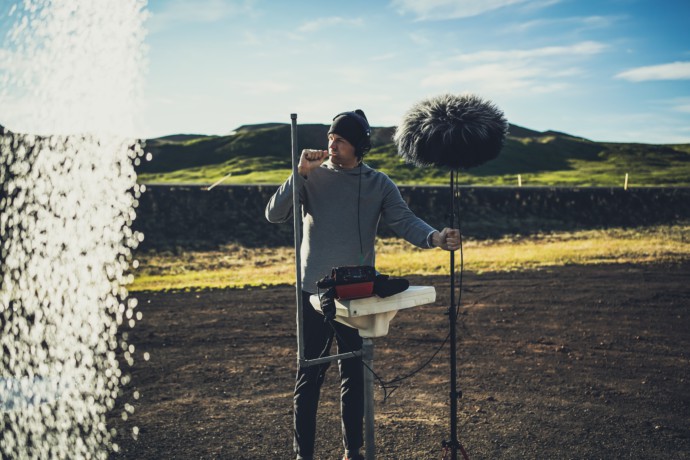
Soundscapes
In the beginning, poems were songs. Sonnets were little songs. A villanelle was a dance. Does the meaning of poetry still depend, not just on the sense of words, but on their sounds? In his essay The Music of Poetry (1942), T. S. Eliot writes: We can be deeply stirred by hearing the recitation of…
Read More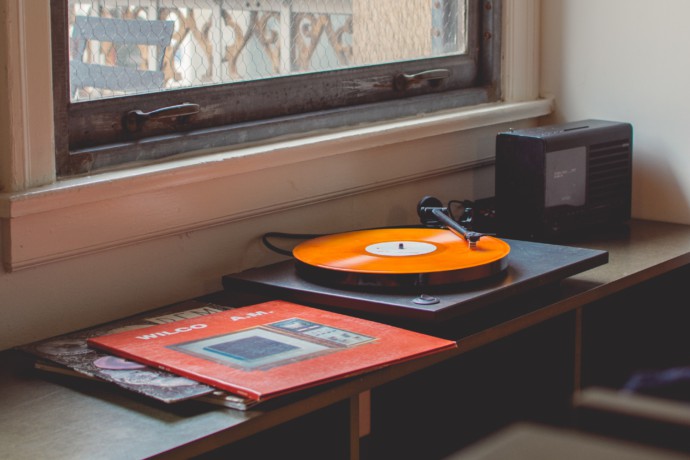
Lyric Poetry & Poetic Lyrics
To Dig What We All Say I have a small, gold book which I bought on eBay a few years ago. It’s called Richard Goldstein’s The Poetry of Rock and it was published in 1969. It declares itself to be ‘the most comprehensive collection of great Rock lyrics ever assembled.’ A review on the inside…
Read More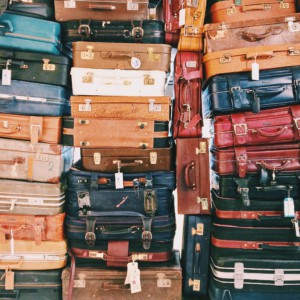
Poetry that Travels
One of my favorite things to remember are trains. Somewhere in India, top bunk, spying on my fellow passengers from above: the Chaiwala with his tiers of silver tea pots, an Assamese gamer who’d gotten on three days before me, an older couple tucking their shoes between their suitcases. Like a quick inhale, I feel…
Read More
Caledonia Dreamin’: Exploring Scotland’s Poetry
On the cut-glass if of the day,this chancer then, already in deep,headfirst among the holly leaves – Fiona Wilson, from “A Magpie, by chance” in A Clearance (2015) The feathered creatures have a talismanic presence across the work of the contemporary Scottish poet Fiona Wilson. Birds are marvels in themselves in her poetry but there…
Read More
Poetry and Syntax: An Emergency Toothpick in an Imaginary Landscape
There is the anecdote of the painter Edgar Degas, observing to Mallarmé that, ‘yours is a hellish craft. I can’t manage to say what I want, and yet I’m full of ideas.’ To which Mallarmé allegedly, allegedly, replied, ‘My dear Degas, one does not make poetry with ideas, but with words.’ Poems are not ideas….
Read More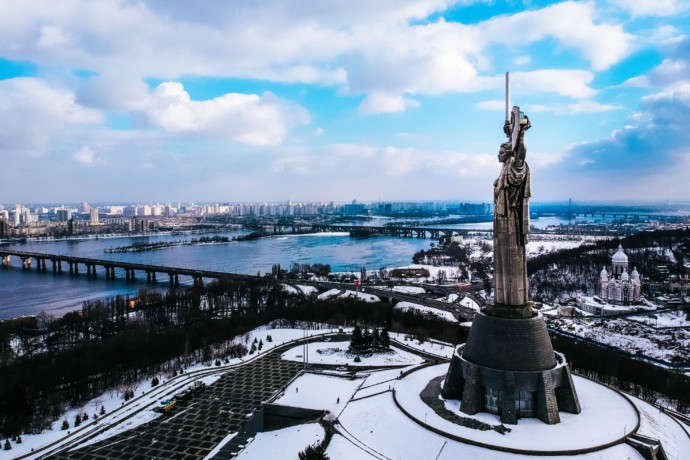
A Crimson Bush Amidst Silence: Transreading Ukrainian Poetry
Going stir crazy during the pandemic? Why not take a poetic tour to Ukraine and be inspired by some of Europe’s greatest and least known writers? Some of the greatest English poetry has been inspired by other poetic traditions. T.S. Eliot powerfully imported French symbolism into English and the English sonneteers were influenced by Petrarch….
Read More
Summer 2021 – Quick Course Guide
It may be cold outside, but we have our eyes set on warm and sunny Summer! Our Summer 2021 Term is now live and we’ve got a whole host of brilliant tutors and courses lined up, so be sure to book promptly to avoid disappointment. Below is our handy Quick Course Guide, where you’ll find…
Read More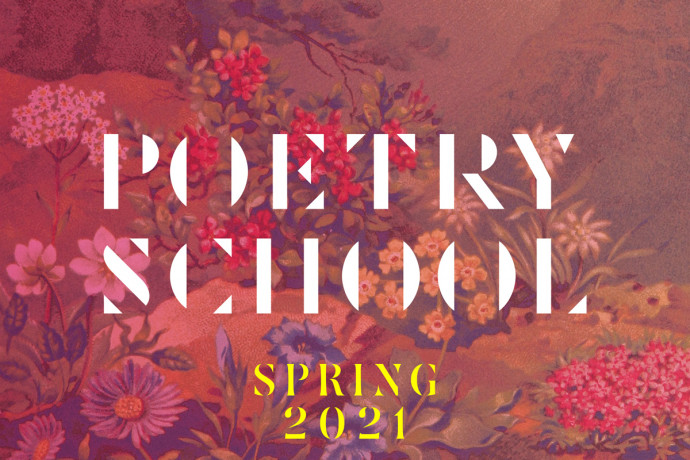
Spring 2021 – Quick Course Guide
As you wrap yourself in your warmest scarf and woolliest sweater, you can look forward to our Spring 2021 Term here at the Poetry School! Our Spring Term is now live and we’ve got a whole host of brilliant tutors and courses lined up, so be sure to book promptly to avoid disappointment. Below is…
Read More
Smears & Caresses: The Poetry of Abstract Art
How can abstract art help poets? It makes us look and it makes us think, and it makes us think about our thoughts. It helps to steer us away from pre-existing categories. We cannot glance at it and then say ‘Nice goat’, or ‘Evocative seascape’, or ‘What a lovely cottage!’. Instead, we interact with the…
Read More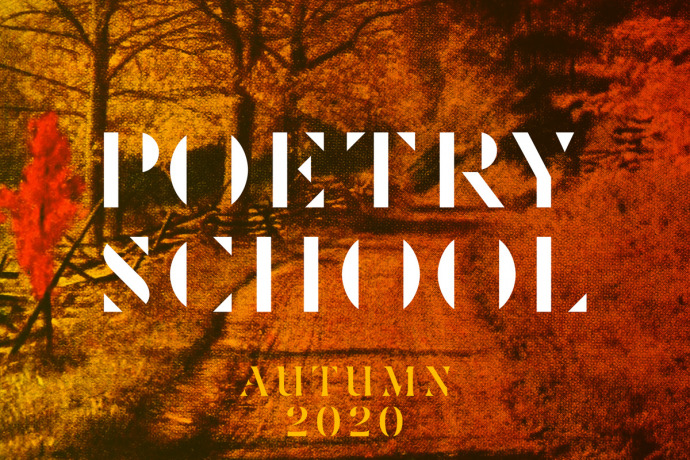
Autumn 2020 – Quick Course Guide
The leaves are green and the sun is still shining, but we’re already looking forward to the Autumn Term here at the Poetry School! Our Autumn Term is now live and we’ve got a whole host of brilliant tutors and courses lined up, so be sure to book promptly to avoid disappointment. Below is our…
Read More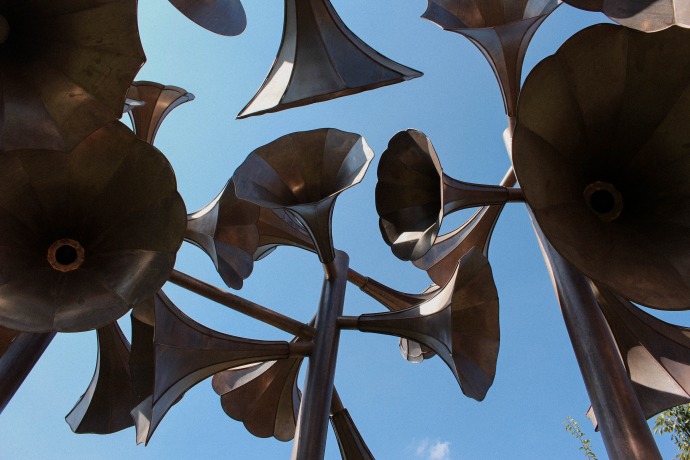
Where Words Meet Music
Put a spring in your step with our latest Easter Extra programme: Where Words Meet Music – a brand new 6-week course where you will think about what poems and songs can learn from each other and get creative to inspire new ways of approaching your writing. The course will be steered by singer and…
Read More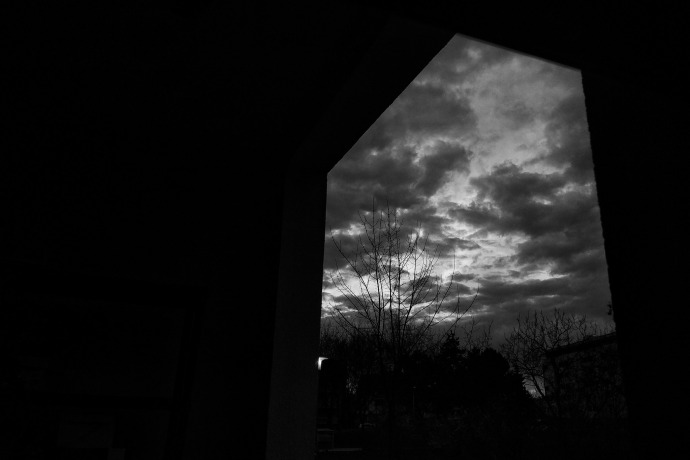
Claiming the Margin as Centre
‘To be in the margin is to be part of the whole but outside the main body’ says bell hooks in the preface to Feminist Theory: from Margin to Centre. hooks’ statement elucidates the duality that comes with a position at the margin. You are looking both out and in at the same time. Looking…
Read More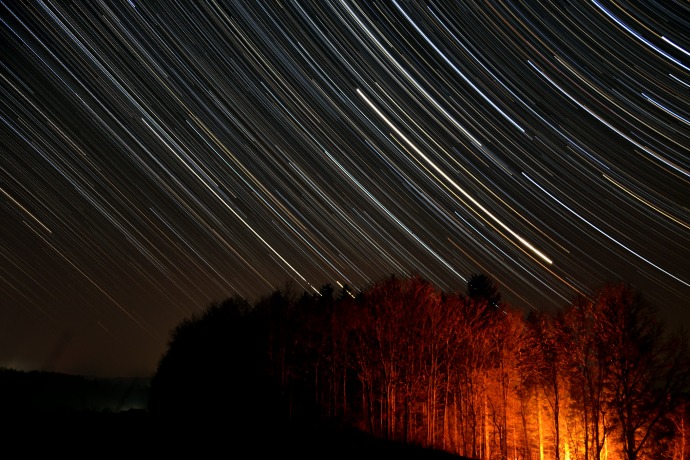
Poetry as Oral Storytelling
It’s always interested me what the essence is, of what gets performed when a poem gets performed. It doesn’t seem good enough to say it’s play: I wouldn’t watch just anyone playing. I might share a specialist interest with the person who’s playing. But how would watching them playing give me satisfaction? Wouldn’t I want…
Read More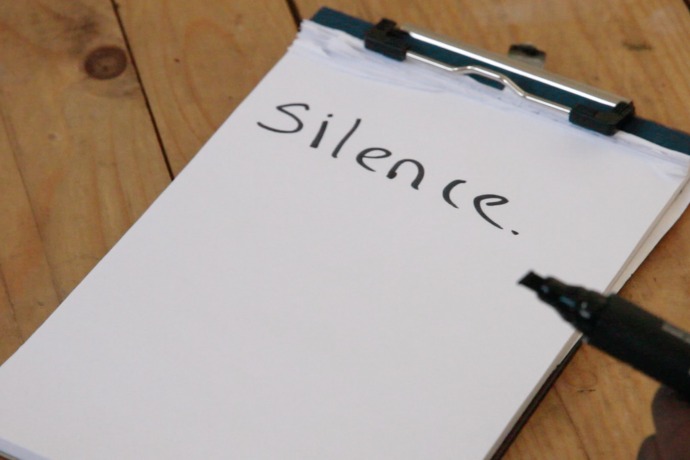
In the Same House: Poetry of Caregiving
“In illness words seem to possess a mystic quality. We grasp what is beyond their surface meaning, gather instinctively this, that, and the other – a sound, a colour, here a stress, there a pause – which the poet, knowing words to be meagre in comparison with ideas, has strewn about his page to evoke,…
Read More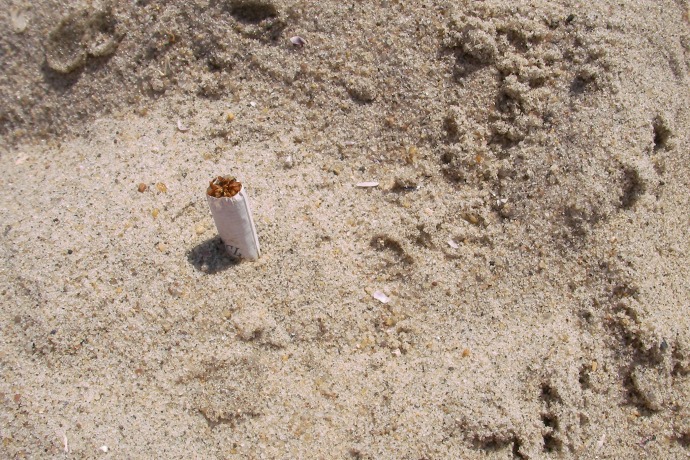
Hell and Back: Writing Addiction and Recovery
I am anxious to not use the term confessional poetry when talking about my upcoming course, because it seems to me a loaded term which some poets delight in and others shy away from. I don’t want this course to be an exercise in naval-gazing or self-indulgence – there already seems to be enough of…
Read More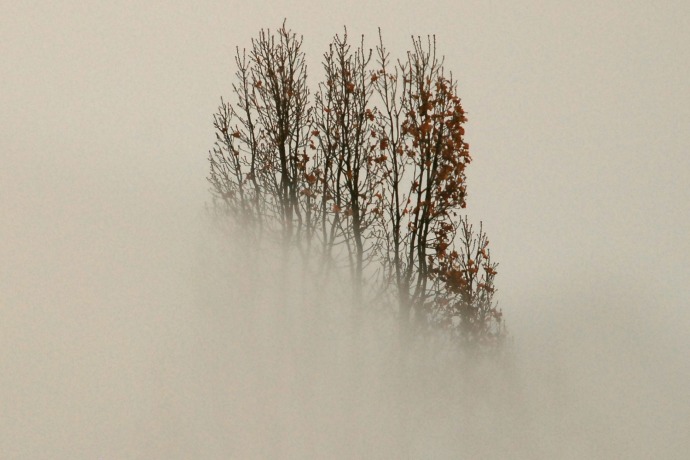
The Poetics of Space after Bachelard
“A house that has been experienced is not an inert box. Inhabited space transcends geometrical space.” My house is sometimes a chair I sit on in a different country, a tent, a beach, the woods I return to in photographs. My grandmother’s hand as it stirred her black tea. My children’s skin on my lips…
Read More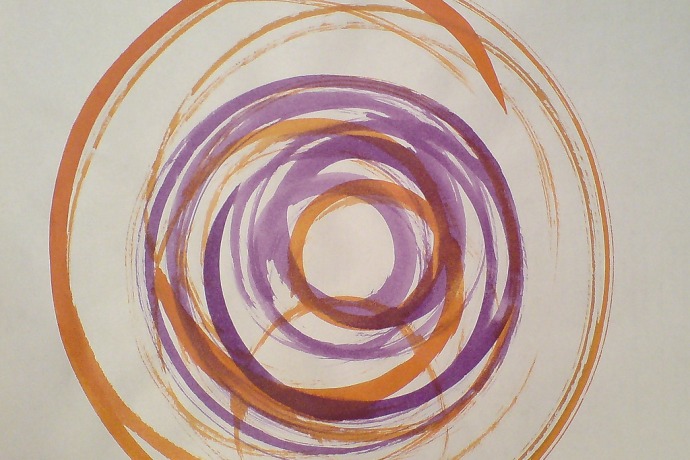
Measure a Circle, Beginning Anywhere: Poetry Through a Fortean Lens
The Fortean Times has been my holiday treat for quite some time now. What could be better than spending a journey engaged in the peculiar, peripheral and puzzling? Let’s get some of the stereotypes out of the way: tinfoil hats; incessant alien abductions; a willingness to believe any madcap conspiracy on offer; an obsession with The X-Files. (That…
Read More